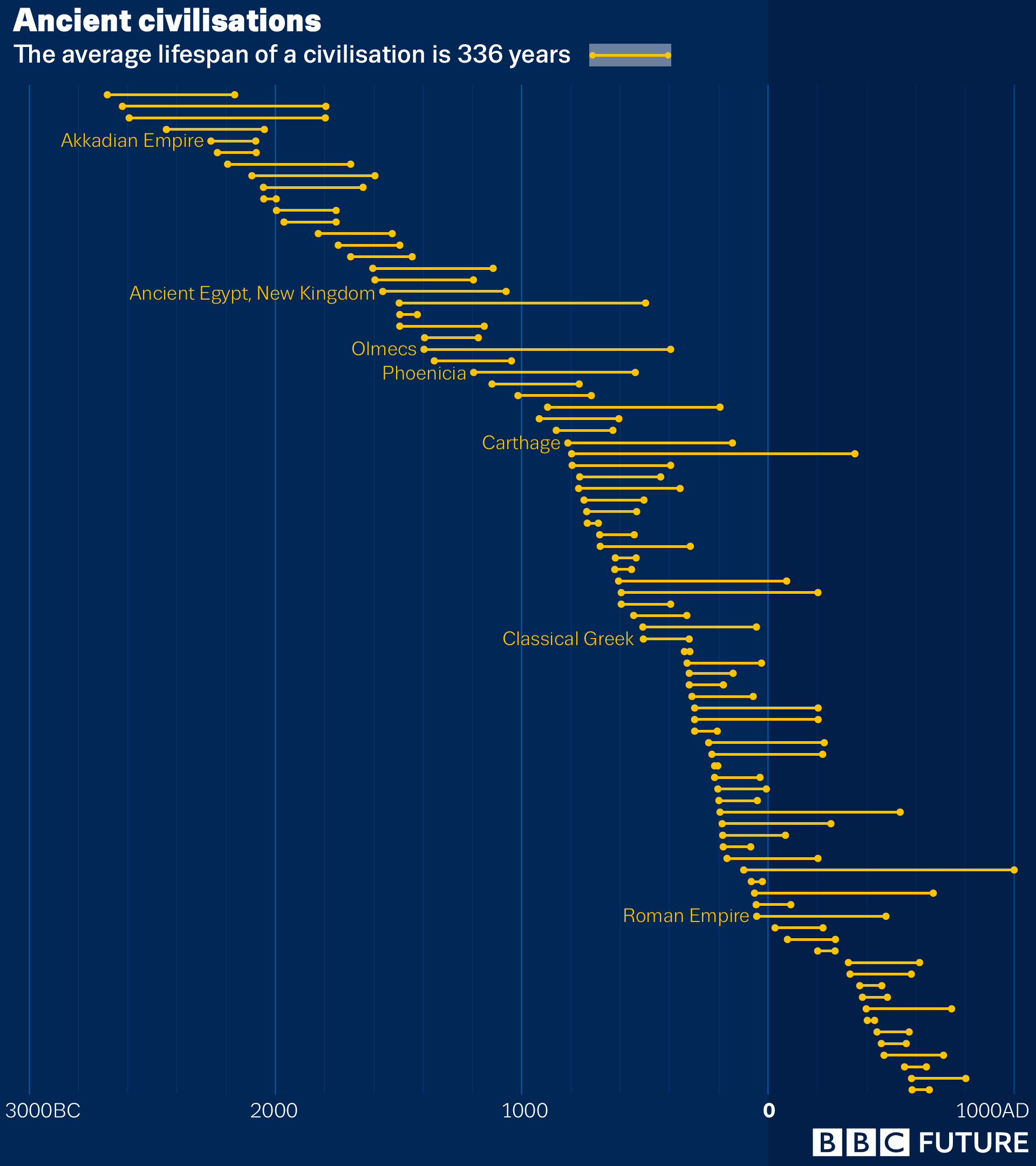|
|
Post by kemp on Mar 7, 2019 8:58:45 GMT -5
Plummeting insect numbers 'threaten collapse of nature' 'More than 40% of insect species are declining and a third are endangered, the analysis found. The rate of extinction is eight times faster than that of mammals, birds and reptiles. The total mass of insects is falling by a precipitous 2.5% a year, according to the best data available, suggesting they could vanish within a century. The planet is at the start of a sixth mass extinction in its history, with huge losses already reported in larger animals that are easier to study. But insects are by far the most varied and abundant animals, outweighing humanity by 17 times. They are “essential” for the proper functioning of all ecosystems, the researchers say, as food for other creatures, pollinators and recyclers of nutrients. “Unless we change our ways of producing food, insects as a whole will go down the path of extinction in a few decades,” they write. “The repercussions this will have for the planet’s ecosystems are catastrophic to say the least.” The analysis, published in the journal Biological Conservation, says intensive agriculture is the main driver of the declines, particularly the heavy use of pesticides. Urbanisation and climate change are also significant factors.' www.theguardian.com/environment/2019/feb/10/plummeting-insect-numbers-threaten-collapse-of-natureIt is an interesting article, and I have read similar reports in other places.  'The mass of insects collected by monitoring traps in the Orbroicher Bruch nature reserve in northwest Germany dropped by 78% in 24 years.' I do not believe insects will ever disappear, but on a personal level I have noticed less fly's amd mozzies ( mosquitos ) around these days, also other insects, less bees and butterflies, general observation. Used to catch so many bugs when I drove out into the Victorian midlands or coast, but not using the windscreen viper so much these days to clear them. Living on the Melbourne fringes if I left the door open it was an open invitation to an army of fly's, now one here or there at certain times. I'm no environmentalist, and I understand things from the viewpoint of a production farmer who needs to feed their family and keep the business going, but considering the heavy decrease it is worthy of note. |
|
|
|
Post by Char-Vell on Jun 25, 2019 8:04:29 GMT -5
|
|
|
|
Post by charleshelm on Jun 25, 2019 20:21:38 GMT -5
|
|
|
|
Post by themirrorthief on Jul 29, 2019 1:24:43 GMT -5
my car wont crank
|
|
|
|
Post by Char-Vell on Jul 29, 2019 6:19:55 GMT -5
Thus it begins... The thundering machines sputter and stop...
|
|
|
|
Post by kemp on Jul 29, 2019 8:26:24 GMT -5
Thus it begins... The thundering machines sputter and stop...
The collapse of civilisation is a catastrophe in its own right, and here are a few poignant reminders. The 20th century may well become a glorious age of the past. In a few years it will be 50 years since the last moon landing in December 1972. Up to this point no government or corporation has been able to emulate this feat for a number of varied reasons, although there are always rumours of possible future expeditions.  The last Space Shuttle ( low Earth orbital spacecraft ) occurred in 2011. The U.S. has since relied on the Russian Soyuz spacecraft to transport astronauts to the International Space Station. Space Shuttle Atlantis  Supersonic passenger flight is a thing of the past. British Airways operated its final commercial Concorde flight on October 24, 2003, from New York's JFK International Airport to London Heathrow.  |
|
|
|
Post by kemp on Jul 29, 2019 8:32:56 GMT -5
|
|
|
|
Post by sorcerer on Jul 30, 2019 11:49:26 GMT -5
The collapse of civilisation is a catastrophe in its own right I hope you'll pardon my brushing aside the main substance of your post to focus on just a few introductory words, but I'm surprised to see a veteran poster on a Robert Howard board refer to the collapse of civilization as a catastrophe:
Barbarism is the natural state of mankind. Civilization is unnatural. It is a whim of circumstance. And barbarism must always ultimately triumph.
|
|
|
|
Post by kemp on Jul 30, 2019 17:18:06 GMT -5
The collapse of civilisation is a catastrophe in its own right I hope you'll pardon my brushing aside the main substance of your post to focus on just a few introductory words, but I'm surprised to see a veteran poster on a Robert Howard board refer to the collapse of civilization as a catastrophe:
Barbarism is the natural state of mankind. Civilization is unnatural. It is a whim of circumstance. And barbarism must always ultimately triumph.
OK, I'll admit, you have me on that one. True words. |
|
|
|
Post by kemp on Jul 30, 2019 17:21:32 GMT -5
I have to thank the person that moved my posts to this thread. Definitely more subject appropriate. For lack of anywhere else to stick them I had posted them on the catastrophism thread which relates more with geological and natural events of major proportions over small time frames.
|
|
|
|
Post by kemp on Jul 31, 2019 6:33:56 GMT -5
Some technologies Used in the past that are now lost to makind We have already mentioned our current inability to go back to the moon, the old schematics from the 60's and 70's are not so compatible with modern tech so that we have to to make the rocket for another manned moonshot from scratch again. The knowledge to build the Pyramids with their intricate design system that allowed for an air conditioned inside and the tooling and skills for the masonry work that almost looks machined.  ![]() The methods used to make Roman concrete lost when Roman rule finally ended. ![]()  ![]() Incan stone cutting techniques where we are still not able to explain how the Incans cut and fit the stones so perfectly that you cannot put even a small coin in between the two stones in a wall. what makes this even more problematic is the fact that the Incans didn't have metal tools.  |
|
|
|
Post by kemp on Jul 31, 2019 7:15:09 GMT -5
'The Lifespans Of Ancient Civilizations, Compared' 'Based on the calculations of University of Cambridge's researcher Luke Kemp, the average lifespan of ancient civilizations is 336 years:'  |
|
|
|
Post by kemp on Jul 31, 2019 7:22:18 GMT -5
Of course I would view the report with a pinch of salt, perhaps some dating disagreements, but I think it is still interesting to look at some of the comparative data to do with the lifespans of civilisations.
Only civilisations that existed between 3000 BC and 1000 BC were included in the previous graph.
From the same article
'You can see a full list of the civilizations represented on the graph here. Some civilizations have survived noticeably longer than others. The Kushite Kingdom, an ancient kingdom in northern Africa, for instance, lasted from 785 BC to 350 AD — a total of 1,150 years — and is one of the longest-lasting civilizations on the graph. By contrast, the period known as Classical Greece only lasted for 265 years.
Kemp's study also touches upon how a complicated host of factors may have contributed to the death of these ancient civilizations, including climate change and socio-economic inequity. Perhaps somewhat worrying is the fact that many of these factors, which serve as indicators of whether a civilization may be on its way to collapsing, now seem to be present in our own modern societies right now.'
Civilisation [Duration in years]
Ancient Egypt, Old Kingdom [505]
Ancient Egypt, Middle Kingdom [405]
Ancient Egypt, New Kingdom [501]
Norte Chico Civilisation [827]
Harappan Civilisation (Indus Valley Civilisation) [800]
Kerma [400]
Akkadian Empire [187]
Elam Civilisation (Awan Dynasty) [157]
Minoan Civilisation (Protopalatial) [500]
Xia Dynasty [500]
Third Dynasty of Ur [46]
Old Assyrian Empire [241]
Middle Assyrian Empire [313]
Neo Assyrian Empire [322]
Elam Civilisation (Eparti Dynasty) [210]
First Babylonian Dynasty [299]
Old Hittie Empire [250]
Minoan Civilisation (Neopalatial) [250]
Shang Dynasty [478]
Mycenae [400]
Vedic Civilisation [1000]
Middle Hittite Kingdom [70]
Elam Civilisation (Middle Elamite Period) [342]
New Hittite Kingdom [220]
Olmecs [1000]
Phoenicia [661]
Zhou Dynasty (Western Period) [351]
Kingdom of Israel and Judah [298]
Chavin Culture [700]
Urartu [225]
Kushite Kingdom [1150]
Etruscans [404]
Zhou Dynasty (Eastern Zhou Spring Period) [330]
Zhou Dynasty (Eastern Zhou Warring States Period) [411]
Ancient Rome [244]
Elam Civilisation (Neo-Elamite Period) [203]
Phrygia [43]
Lydia [144]
Magadha Empire [364]
Chaldean Dynasty (Babylon) [87]
Medean Empire [66]
Orontid Dynasty [540]
Scythians [800]
Mahanjanapadas [200]
Carthage [667]
Achaemenid Empire [220]
Roman Republic [461]
Nanda Empire [24]
Ptolemaic Egypt [302]
Classical Greek [265]
Hellenistic [177]
Maurya Empire [137]
Seleucid Empire [249]
First Chera Empire [500]
Early Chola Empire [500]
Maghada-Maurya [90]
Parthian Empire [469]
Satavahana Dynasty [450]
Qin Dynasty [14]
Xiongnu Empire [184]
Han Dynasty (Western Period) [197]
Numidia [156]
Teotihuacans [735]
Kingdom of Armenia [442]
Hsiung Nu Han [120]
Sunga Empire [112]
Andhra [370]
Aksumite Empire [1100]
Kanva Dynasty [45]
Three Kingdoms of Korea [725]
Saka [140]
Roman Empire [525]
Han Dynasty (Eastern Period) [195]
Kushan [200]
Bactria [70]
Ptolemaic [290]
Liu-Sung [250]
Gupta [90]
Hun [100]
Byzantine [350]
Yuen-Yuen [30]
Toba [130]
White Hun [100]
Visigoth [240]
T'u Chueh Turk [90]
Avar [220]
Western Turk [70]
|
|
|
|
Post by charleshelm on Jul 31, 2019 21:48:14 GMT -5
The Cold War prompted tremendous spending on the space program. Duplicate that now and the Moon is a no brainer I suspect. The people living at the time would have said the Roman civilization lasted from the founding of Rome to the fall of Constantinople. We dissect it into smaller slices but they saw it as continuous. Roman concrete buildings were notorious for falling down because no rebar was used. I believe that in certain marine applications the concrete may last longer in salt water due to the components used, but overall we can construct stronger concrete buildings now. I suspect if you dedicated the resources of an entire civilization as Egypt did you could build a nice pyramid now. There's just no civilization prepared to do that today.
We don't preserve the ancient techniques but we have newer tools and methods. Now in 200 years I have no idea....
|
|
|
|
Post by kemp on Aug 1, 2019 7:59:36 GMT -5
I have heard a few people say that as we have already been to the moon that there is no need to go back and that it was simply the result of the cold war. Sure, it was a part of the driving force behind it, but it doesn’t account for all of it. The 60’s and 70's was a time of amazing innovation and achievements, what about the Concorde, a passenger plane that broke Mach 2 as the cruising speed and at 60,000 feet, say about five miles higher and 800 mph faster that the subsonic 747.
I will come back on the subject on the moon landings ( or current lack of ) a little later on, but for now I thought I would include this really interesting video on the rise and fall of the Concorde. At least watch some of it if you can spare the time. When I look at this futuristic looking supersonic passenger plane it's as if I am looking into the future when in reality I am looking into the past. Amazing that this actually existed.
|
|










